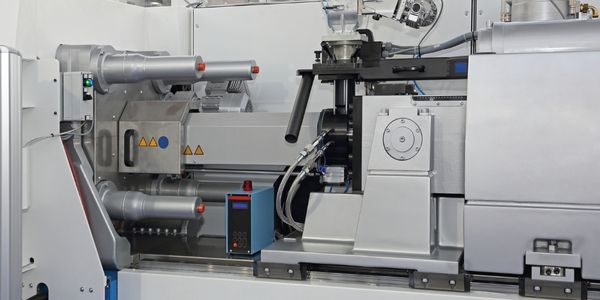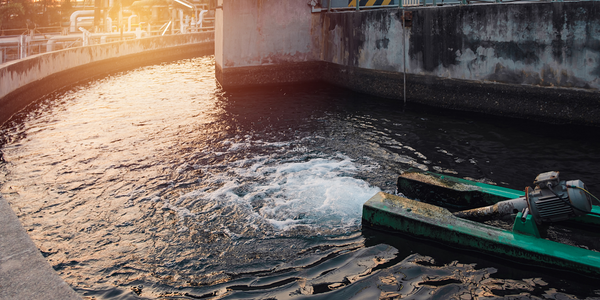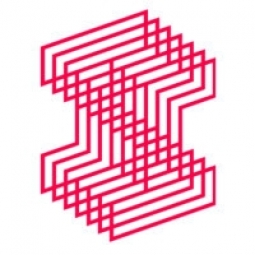Technology Category
- Sensors - Temperature Sensors
Applicable Industries
- Plastics
- Recycling & Waste Management
Applicable Functions
- Product Research & Development
Use Cases
- Robotic Disassembly
About The Customer
The customer in this case study is BRITA, a renowned company known for its water filtration products. BRITA has been a long-term partner with the Whale & Dolphin Conservation (WDC), a charity organization dedicated to the conservation of whales and dolphins. BRITA is committed to the environment, focusing on reducing single-use plastic waste and minimizing the use of disposable plastic bottles, both of which pose a significant threat to our marine ecosystem. The company aims to support sustainable behavior changes, particularly among the younger generation, through its various initiatives and campaigns.
The Challenge
BRITA, in partnership with the Whale & Dolphin Conservation (WDC), sought to launch a new sustainability campaign to support sustainable behavior changes in the UK. The challenge was to address the growing concern among children about the environment, with 60% of young people feeling worried about the imminent destruction of the planet and over half feeling frightened by the future of humanity. The campaign aimed to guide young generations towards their role as climate allies, demonstrating how small sustainable changes at home and at school, such as reducing single-use plastic consumption, can lessen our impact on the planet at large and help with the conservation of the whale population.
The Solution
BRITA and WDC partnered with children’s author, McFly bassist, and environmental activist, Dougie Poynter. Together with an expert team of editors, writers, and scientists at WDC, Dougie published a new children’s book ‘The Whale Watchers’. The book was used as a tool to educate children about the importance of sustainable practices and their role in preserving the environment. The campaign was promoted through traditional and digital PR efforts on both talent-owned and corporate pages, as well as social media, working closely with Dougie Poynter. To generate a legacy impact of the campaign, a competition was launched to design the most inspiring recycling bin to drive further engagement amongst schools. The winning school was rewarded with a £3,000 sustainability initiative prize, and the winning design was featured on BRITA’s recycling bins around the country.
Operational Impact
Quantitative Benefit

Case Study missing?
Start adding your own!
Register with your work email and create a new case study profile for your business.
Related Case Studies.

Case Study
Plastic Spoons Case study: Injection Moulding
In order to meet customer expectations by supplying a wide variety of packaging units, from 36 to 1000 spoons per package, a new production and packaging line needed to be built. DeSter wanted to achieve higher production capacity, lower cycle time and a high degree of operator friendliness with this new production line.

Case Study
Boiler Control System for Plastic Manufacturing Applications
Factory automation applications must be equipped to handle and monitor the myriads of information from attached devices. For plastic manufacturing applications, the boiler control system plays a critical role by gathering and regulating information to ensure production is accurate and smooth. In this particular case, the customer combines eight subsystems that include power meters, water meters, alarm output, displays, and I/O status to be controlled by several intelligent controllers with Modbus RTU interface. The Modbus TCP protocol is used for this application due to the distance. System Requirements: • Modbus serial to Modbus TCP translation • Multiple slaves/masters support • Automatic Modbus TCP response time detection

Case Study
Ascend Performance Materials Case Study
Ascend operations must access multiple software systems to manage day-to-day operations in an effective and secure manner. These systems generate large sets of data which contain critical information pertaining to management systems, planning and cost information in business systems and energy consumption. As a result, Ascend management was challenged with creating relevant reports reflecting performance measures in overall context of their operational process. The company’s previous process entailed collecting and analyzing data manually which was not effective, since the information collected was generated after the fact, and was too complex for collaborative use across the organization.

Case Study
Water Treatment Energy Management
Water pumping, treatment and conveyance are among the largest energy and cost outlays for many local and regional municipalities. Electricity time-of-use rates and peak pricing tariffs are driving those costs even higher. This case study describes how Monterey Regional Water Pollution Control Agency (MRWPCA) implemented a process data monitoring and control solution in order to analyze and optimize energy use, reduce deployment costs and save operational expenses.

Case Study
Remake Enterprise-to-production System
The client was running a legacy material flow tracking system and wanted to replace the system with a more effective one as the system was increasingly expensive to maintain and support and also was not extendable. The client's IT landscape was filled with modern applications and it was difficult to interface the material flow tracking system with modern applications.








